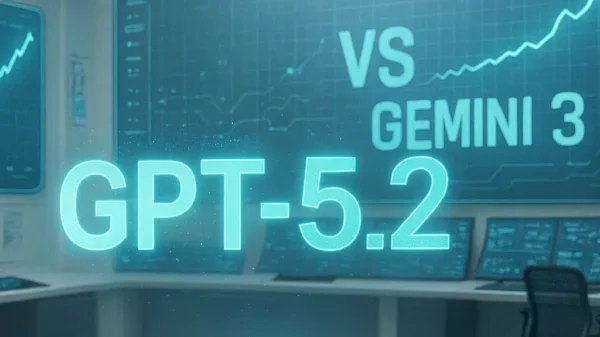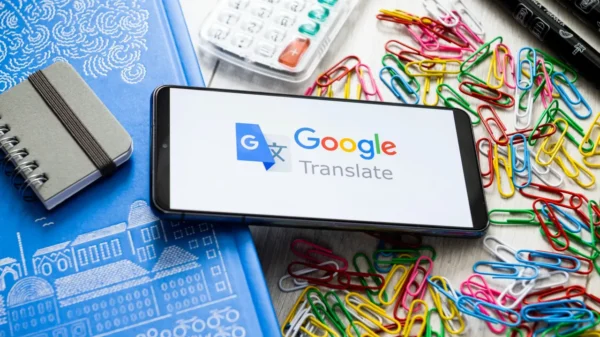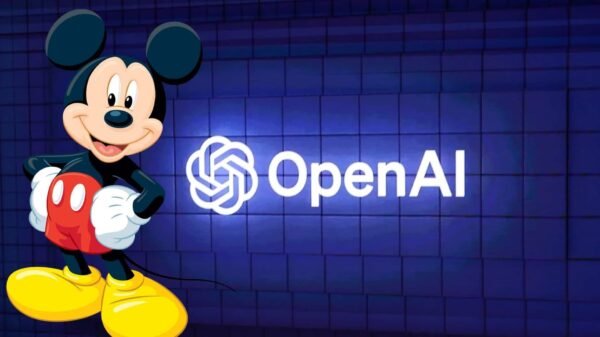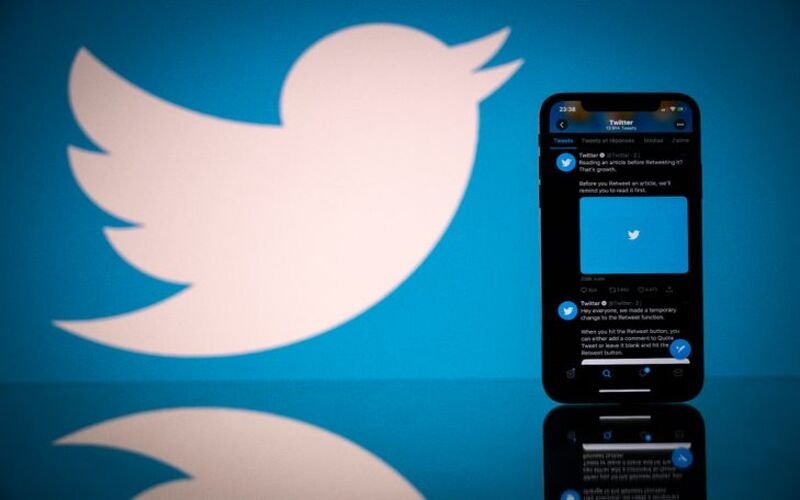In recent news, Elon Musk’s X Corp. has filed a lawsuit against four unidentified individuals over allegations of illegal data scraping from Twitter. This lawsuit, filed in a Dallas County court, alleges that the individuals engaged in the unauthorized scraping of user data in violation of Twitter’s terms of service. X Corp. seeks over $1 million in damages, claiming the defendants unlawfully profited from their actions.
The Allegations and Impact on Twitter’s User Experience
According to the lawsuit, the defendants flooded Twitter’s sign-up page with automated requests, overwhelming the platform’s servers and disrupting the user experience for millions of customers. X Corp. claims that these actions constituted unjust enrichment at its expense, leading to the implementation of limits on the number of tweets users can view per day. Additionally, access to tweets has been restricted for users not signed in to a registered Twitter account.
Legal Challenges and Data Scraping
Given the complex landscape of data scraping and related regulations, this case raises some legal challenges. While the US Ninth Circuit of Appeals ruled in 2022 that scraping publicly accessible data does not violate the Computer Fraud and Abuse Act, it remains to be seen how this precedent will apply in the context of X Corp.’s lawsuit against the data scrapers. According to a previous decision by the Fifth Circuit of Appeals, the court will likely look at the particular circumstances and decide whether the scraping activities constitute unjust enrichment.
X Corp.’s Response and Twitter’s Changes
Since taking over Twitter, Elon Musk has implemented various changes to prevent AI companies from using Twitter’s data to train large language models. These changes aim to protect user data and ensure the platform’s integrity. In response to the alleged data scraping, X Corp. has limited the number of tweets users can view daily and restricted access to tweets for users without registered Twitter accounts.
Implications for Data Scraping and Privacy
Data scraping, when conducted without proper authorization, raises concerns about privacy and the use of personal information. While scraping publicly accessible data may not violate certain legal provisions, it can interfere with the legitimate operation of websites and mobile applications. Twitter, like many other platforms, prohibits scraping in its terms of service and employs technological measures to detect and prevent unauthorized scraping. X Corp.’s lawsuit against the data scrapers highlights the potential risks associated with scraping activities and the need to safeguard user privacy.
Conclusion
Elon Musk’s X Corp. has filed a lawsuit against four unidentified individuals for allegedly engaging in data scraping on Twitter. The lawsuit seeks damages for the unauthorized scraping of user data and its impact on Twitter’s servers and user experience. The legal challenges surrounding data scraping and the complexities of related regulations will likely be examined in court. X Corp. has implemented measures to address the alleged scraping activities to protect user data and ensure the platform’s integrity. This case underscores the importance of privacy and responsible data usage in the digital age.

















































